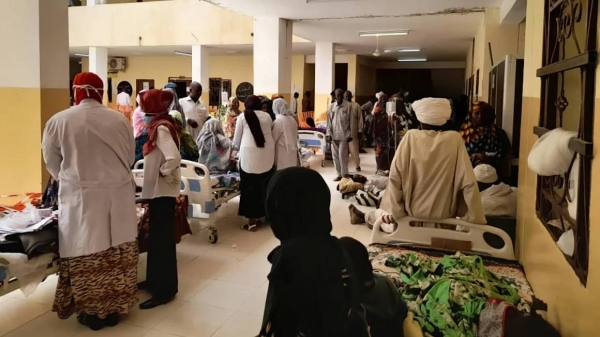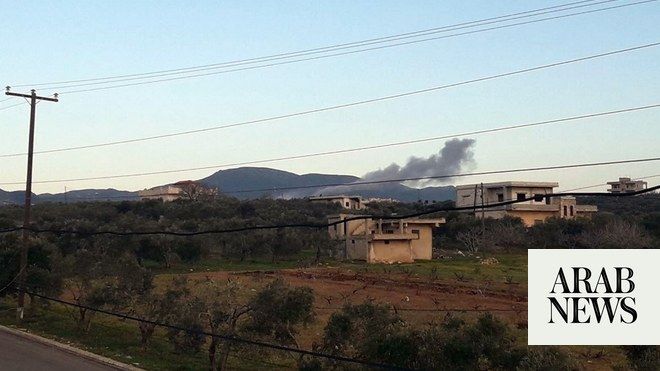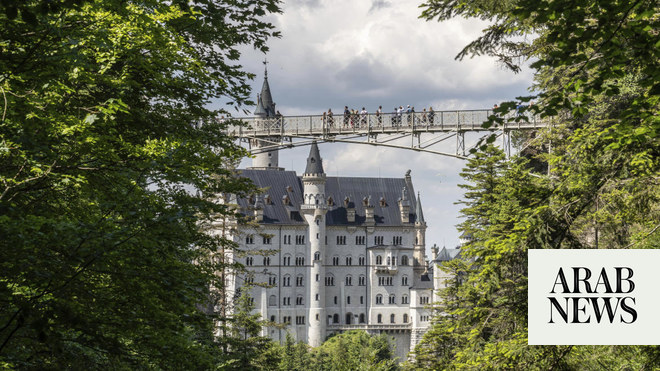
At least 200 people are now known to have died in West Darfur in the latest attack on civilians and local forces blamed on Janjaweed militia.
Darfur, the semi-arid western region of Sudan where a vicious civil war erupted in 2003, has seen a new outbreak of fighting over the past few months as rival groups clash over water and grazing land, shortages of which are being exacerbated by the climate crisis.
Eight people were killed on Friday and more than 200 on Sunday in and around the city of Kreinik. By Monday fighting had spread to the regional capital, El Geneina, between the Sudanese government’s Rapid Support Forces (RSF), the notorious paramilitary group headed by Gen Mohamed Hamdan Dagalo, known as Hemedti, and a local militia called the Sudanese coalition forces, headed by Khamis Abdullah Abakar, the governor of West Darfur and former rebel leader.
Medical sources in West Darfur told the Guardian that they had been overwhelmed by casualties.
Just before the attack in Kreinik on Sunday, mobile networks went down across West Darfur, a familiar feature ahead of a major assault by the Janjaweed, who were largely incorporated into the RSF.
People reported seeing planes flying low over the city before, moments later, about 150 pickup trucks of the RSF and other cars with no identification arrived carrying gunmen.
Hub Eddin Wadi, an assistant pharmacist in Kreinik hospital, said there was a shortage of medical staff to take care of the numbers of wounded and dead.
“I expect that the death toll will rise, because there are many wounded people who are still bleeding and many of them [have] the bullets … still inside them,” he said. “There’s not enough medical staff here to take care of them.”
Wadi blamed the RSF for the brutality. “They have removed the town from the Earth – more than 90% of the houses have been burned out,” he said. “They even killed the animals that people brought [with] them around the hospital to protect them.”
The pharmacist, who lost six relatives in the onslaught, including his uncle and two cousins, said the Arab RSF militia attacked the hospital where he was working and killed 15 people who had left their homes to seek refuge from the fighting.
He said thousands of people seeking protection were now sitting under the sun without shelter outside the army headquarters.
An eyewitness who asked to remain anonymous told the Guardian that soldiers had attacked people at a cemetery in al-Jamarick neighbourhood, to the west of the city, on Monday as they were burying family members killed in Sunday’s raid.
The United Nations special representative, Volker Perthes, condemned the weekend’s bloodshed and called for an investigation.
Last month, more than 37,000 people fled over the border to Chad from the town of Adikong, after militias attacked and killed five people. Two weeks before, 17 people died in the Jabal Moon area in a similar attack. Several eyewitnesses told the Guardian they believed Janjaweed militiamen were to blame.
Kreinik is inhabited mostly by the Masalit, the biggest ethnic group in West Darfur, many of whom rejected the 2020 peace agreement signed in South Sudan’s capital, Juba, between the government and rebel factions mostly from the north of Darfur. Only the Sudanese coalition forces, led by Abakar, have any support among the Masalit community.
Darfur’s war, which erupted in 2003, pitted rebels of non-Arab ethnic minorities against the Arab-dominated government of the then-president Omar al-Bashir.
Bashir’s government unleashed the notorious Janjaweed, mainly recruited from tribes of Arab herders, who were blamed for murderous raids, looting and widespread rape.
The UN estimates the fighting killed 300,000 people and displaced 2.5 million before it dampened down. It left a state awash with weapons and tensions.
Bashir, who was ousted in April 2019 after mass protests, remains wanted by the international criminal court in The Hague over the Darfur conflict.
Scores of people have been killed and hundreds of houses torched since October as violence returned to Darfur, reflecting a broader security breakdown following last year’s military coup led by the army chief, Gen Abdel Fattah al-Burhan, which derailed the transition to full civilian rule after Bashir was deposed.











